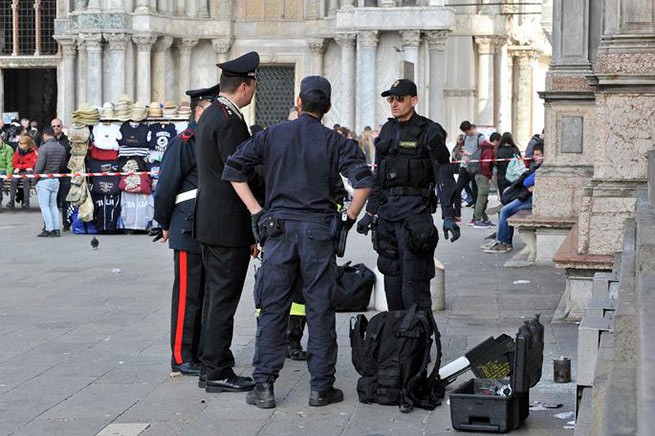Tankers carrying Russian oil continue to enter European ports unhindered amid attempts EU limit Russia’s ability to export this energy resource. Greek shipowners are now helping Russia to bypass this ban.
About it informs Die Welt.
Our publication has already published material on methods for circumventing the oil embargo by Russiaas well as how hard it can hit Greek shipowners. The German edition went further, accusing Greece of complicity with Russia.
When the European Union announced its fifth round of sanctions on April 8, the Russian economy, seemedfinally got into a quandary: the EU decided that 2,873 ships of the Russian merchant fleet were no longer allowed to enter European ports. Four weeks later, a strict interpretation of the sanctions regime is out of the question: not only have Greek shipowners not joined the embargo, but, on the contrary, they are expanding business with Russia. In April, the share of Greece in the transportation of Russian oil increased tripled compared to 2021.
According to the insurance company Lloyd’s, a total of 190 tankers left Russian ports in April. Of these, 76 are under the Greek flag. For example, at the end of April, the Greek supertanker Nissos Rhenia loaded Russian oil in the port of the Netherlands and headed for Singapore. The number of shipments to India, China and South Korea also increased. According to the Organization of the Petroleum Exporting Countries (OPEC), Russia exports 7 million barrels of oil and petroleum products daily.
Earlier, Dutch dockers refused to unload the Sunny Liger tanker with Russian diesel fuel, as European states are close to agreeing on an embargo on oil products from the Russian Federation. The sixth package of EU sanctions provides for a phase-out of Russian oil: from crude within six months, and from oil products – until the end of 2022. At the same time, they want to allow Hungary and Slovakia to buy Russian oil until the end of 2024, and the Czech Republic until June 2024.
On Saturday it became known that Hungary refused from the EU proposal for a gradual ban on the import of Russian oil, which jeopardized the approval of the entire sixth package of sanctions against Russia. “Neither Hungary nor the EU as a whole is ready to accept and implement the measures proposed by the commission. Sanctions must be adopted at a time when all the necessary preconditions are met in all Member States,” Hungarian President Orban said in a letter.
Bulgaria joined Hungary. The Czech Republic and Slovakia also turned out to be very dependent on Russian oil supplies. Countries are asking for at least 9 months to rebuild supply chains and reconfigure equipment.






More Stories
Today the world remembers the accident at the Chernobyl nuclear power plant
Poll: which European countries are ready to defend their homeland to the last
K. Mitsotakis announced readiness for the fire season